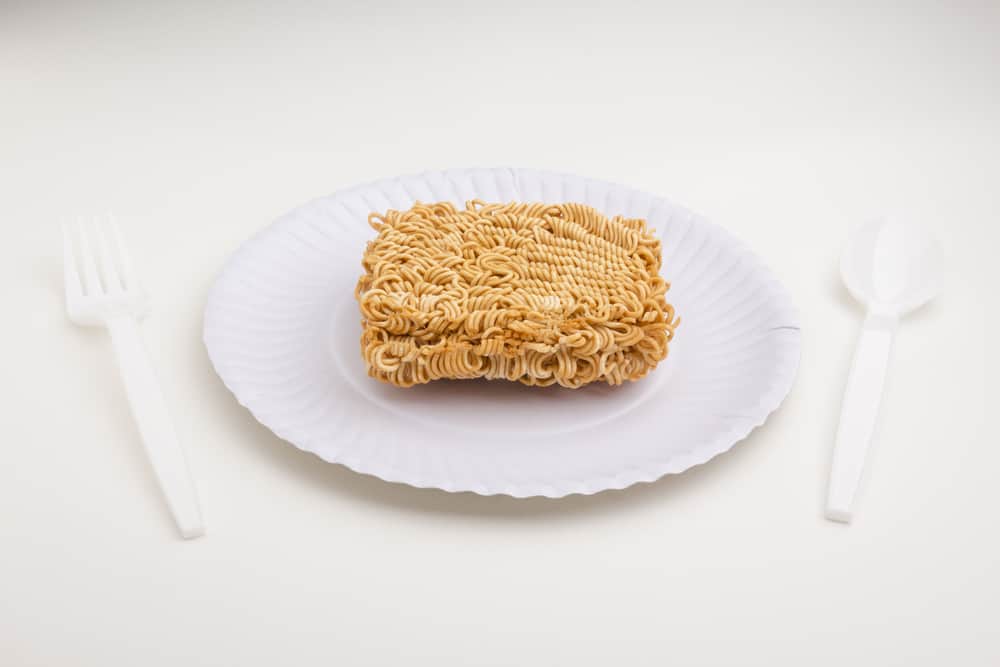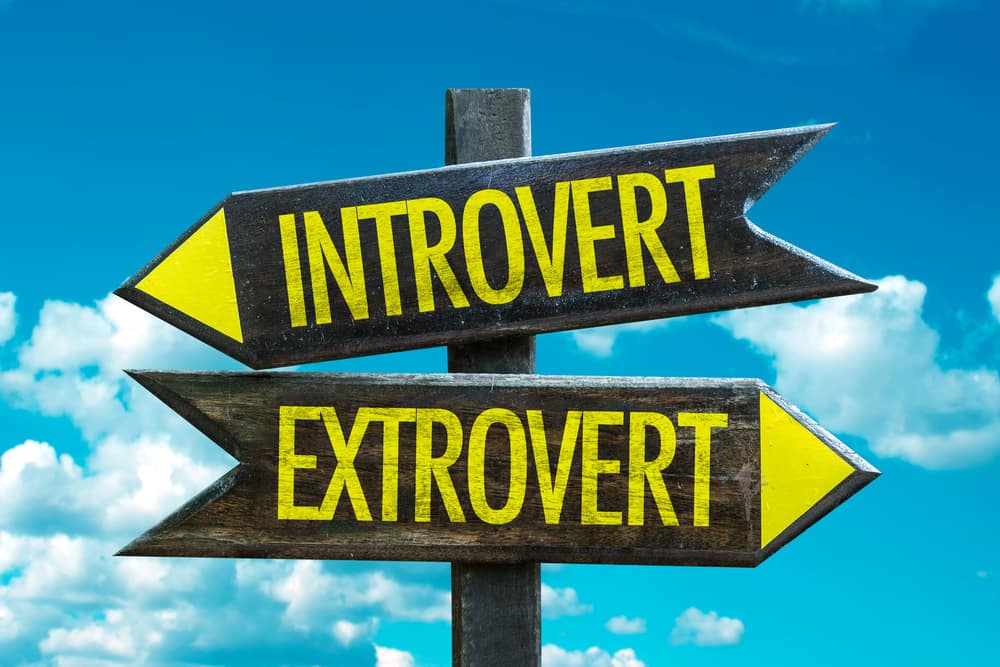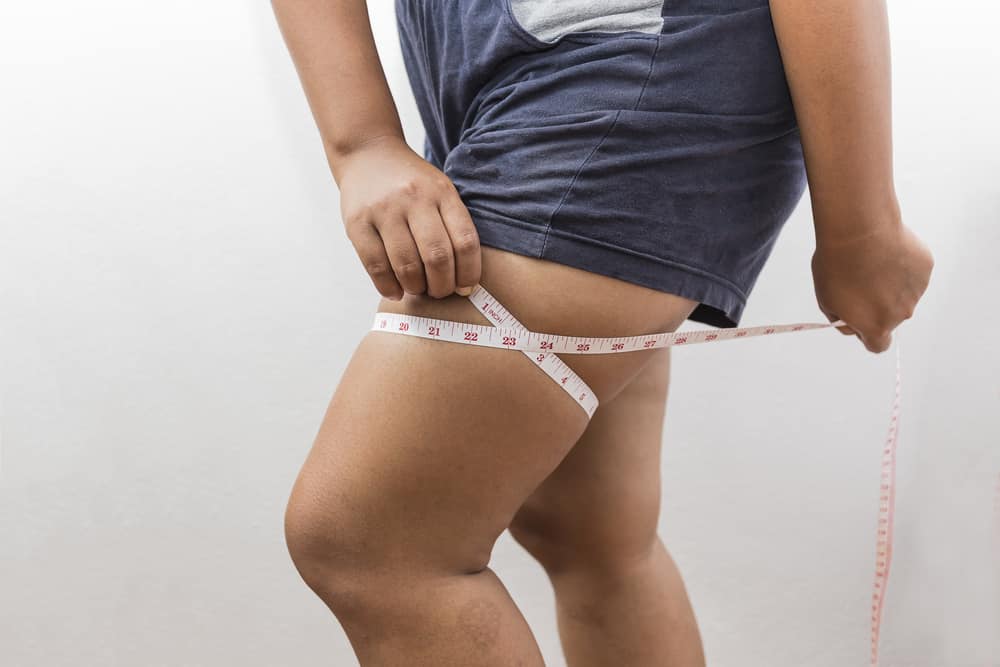Contents:
- Medical Video: Proof of evolution that you can find on your body
- What causes muscles to shrink after a fracture?
- What are the signs and symptoms that appear if the muscles shrink?
- How do you detect muscle shrinking?
- How is the right handling?
- So, is there a way that can be done to prevent the muscles from shrinking?
Medical Video: Proof of evolution that you can find on your body
In some cases of post-healing fractures, muscles in these parts of the body can shrink after a long time is not used for activities. What causes muscle to shrink after a fracture, and is there a way to handle it?
What causes muscles to shrink after a fracture?
Reduced muscle (atrophy) occurs when the muscle is not used for a long period of time during the healing of fractures, so that over time the muscle tissue weakens and shrinks.
In addition, shrinking muscle mass can be caused by an illness, injury, or after recovery of a large operation that requires you to have a total bed rest for some time.
What are the signs and symptoms that appear if the muscles shrink?
Common signs and symptoms of muscle shrinking, namely:
- One or both arms or legs where the ex-fracture is smaller than the other.
- Experiencing weakness that is felt only in one limb
- Already not actively moving physically in a long time
If you experience symptoms as described above, you should immediately contact your doctor to get a medical examination.
How do you detect muscle shrinking?
A shrinking muscle can only be detected by a doctor through a physical examination. So, convey all the complaints that you feel in detail - including injuries or injuries that have occurred, both in the near and long time ago; medical conditions that have been diagnosed before; up to the list of medications, recipes, and supplements you consume.
If possible, the doctor will test to facilitate the diagnosis of the disease. Tests can include:
- Blood test
- X-rays
- Magnetic resonance imaging (MRI)
- Computed tomography (CT Scan)
- Muscle or nerve biopsy
How is the right handling?
In general, the muscle condition shrinks only temporarily. This condition can return to normal, when you are able to do physical activity to restore normal muscle function.
But usually, the doctor will advise you to start physical activities from simple things, such as walking leisurely, or lifting and carrying light weights.
Handling for shrinking muscles depends on the diagnosis and severity. However, there are a number of common treatments that are recommended to deal with muscle contraction, namely:
- Routine physical activity and exercise - it is recommended to exercise in water to facilitate movement of the limbs
- Doing physical therapy - physical therapy is usually done with the help of a therapist. He will help you move parts of your body if you experience problems while moving
- Perform ultrasound therapy - one of the therapies that uses sound waves to help the healing process
- Surgery - this treatment is possible if the condition of your tendons, ligaments, skin or muscles is too tight, making it difficult for you to move. Usually, this condition is called contracture deformity.
If left untreated, shrinking muscles may experience permanent loss of skeletal muscle fibers so the doctor must replace muscle tissue and do further treatment.
So, is there a way that can be done to prevent the muscles from shrinking?
This condition can actually be prevented by routinely exercising or actively using muscle movements to support daily activities. Because the lack of use of muscle can cause muscle damage because the muscles do not have the ability to develop so that eventually the strength and size of the muscles begin to decrease slowly.












